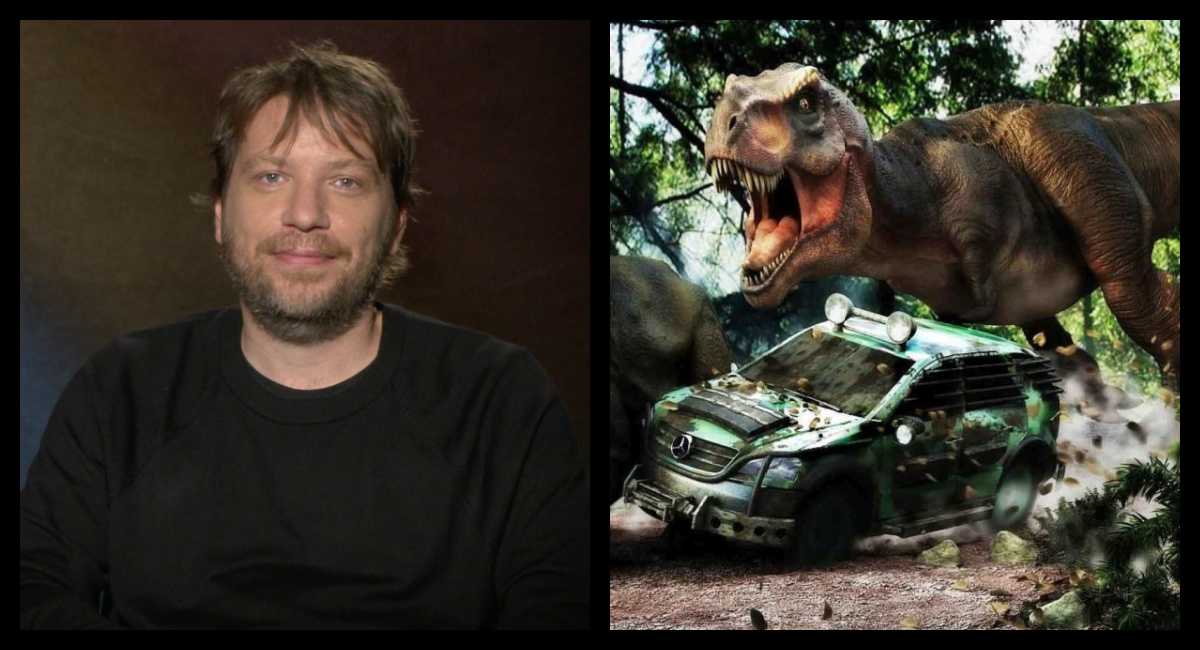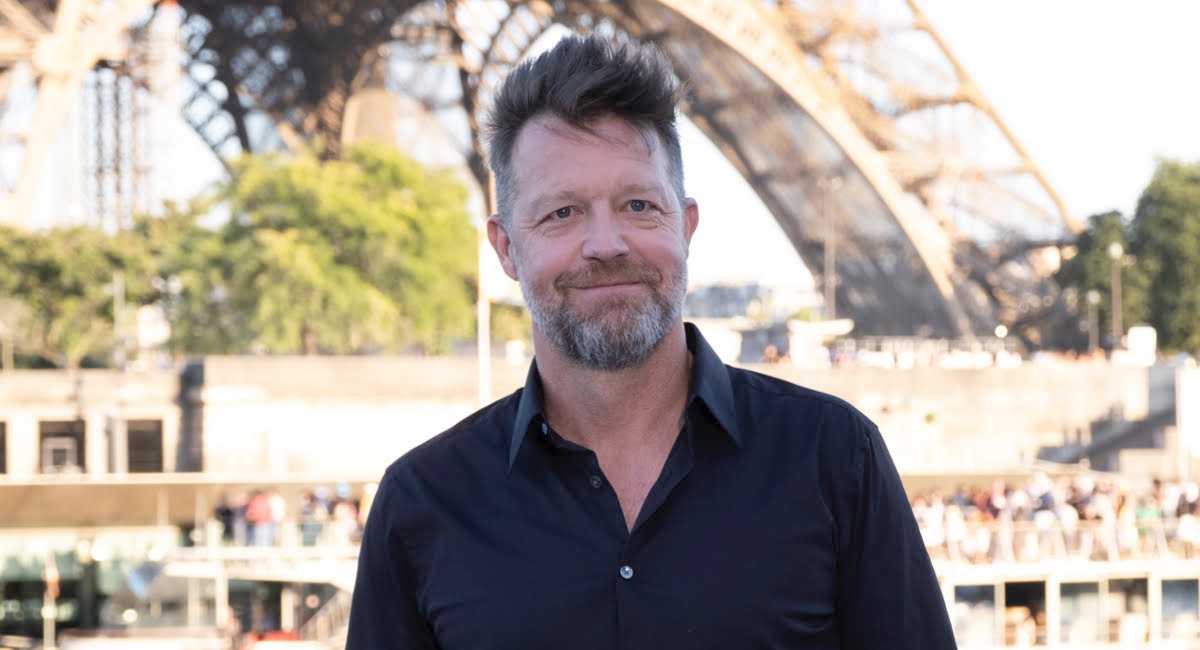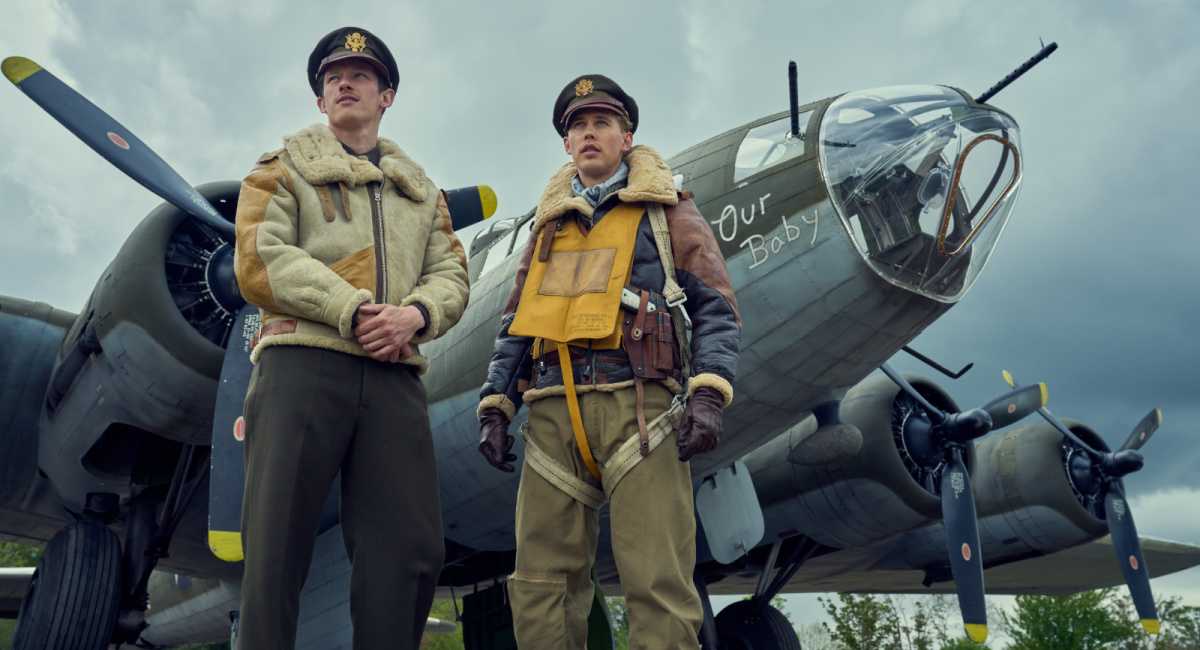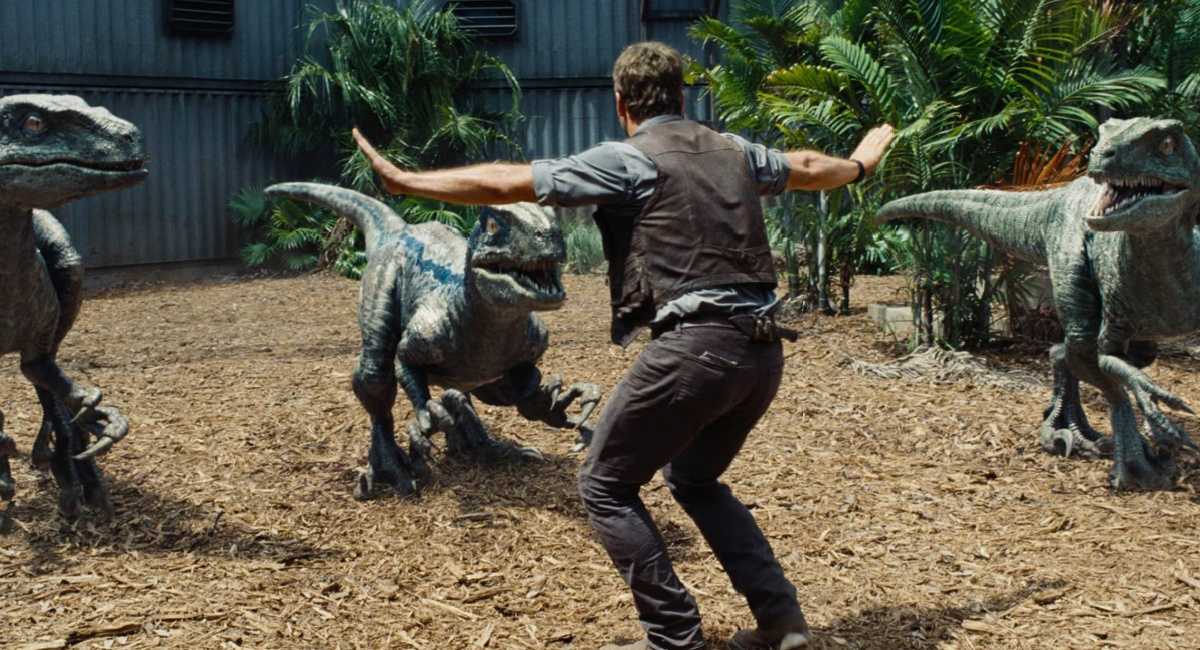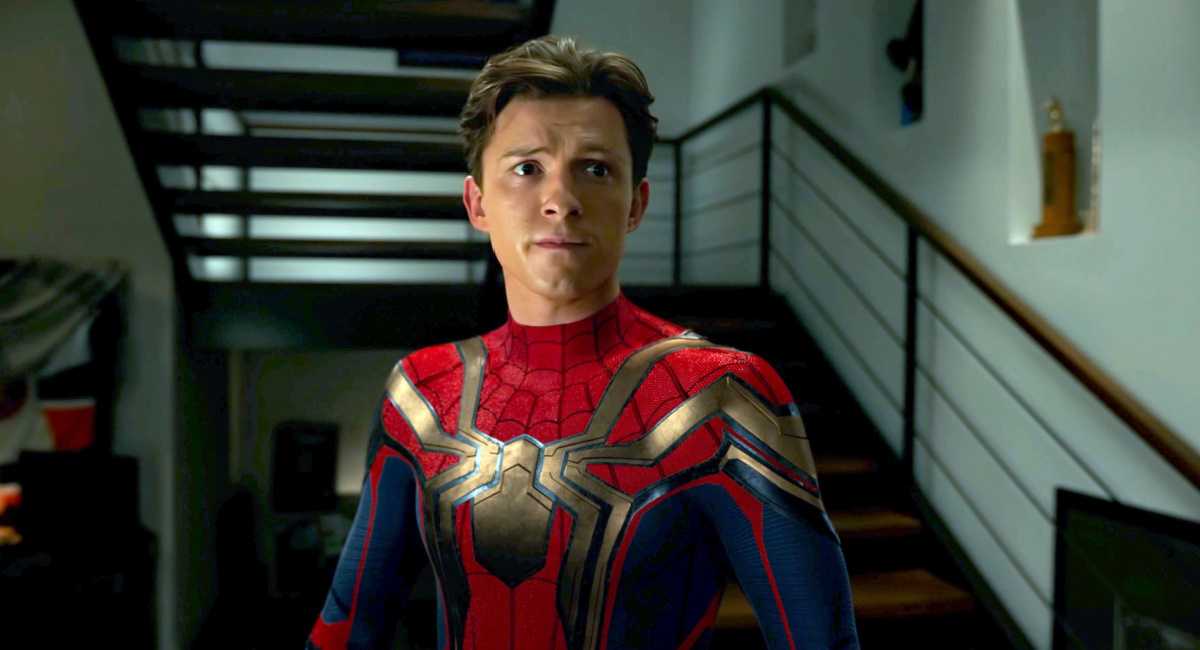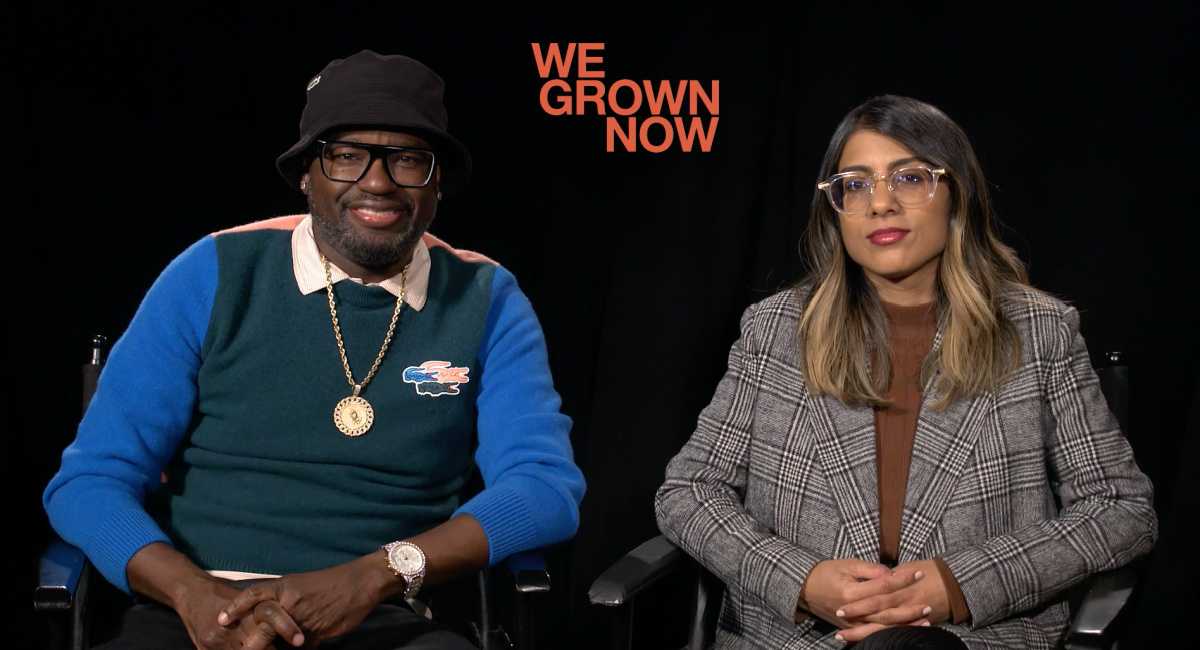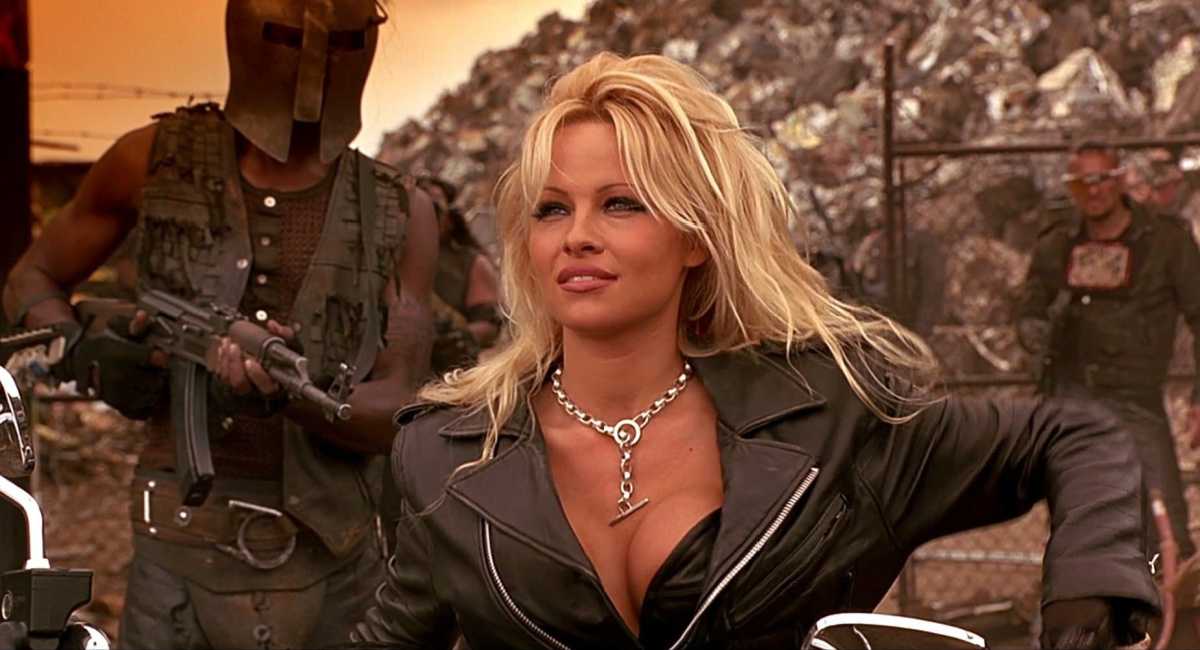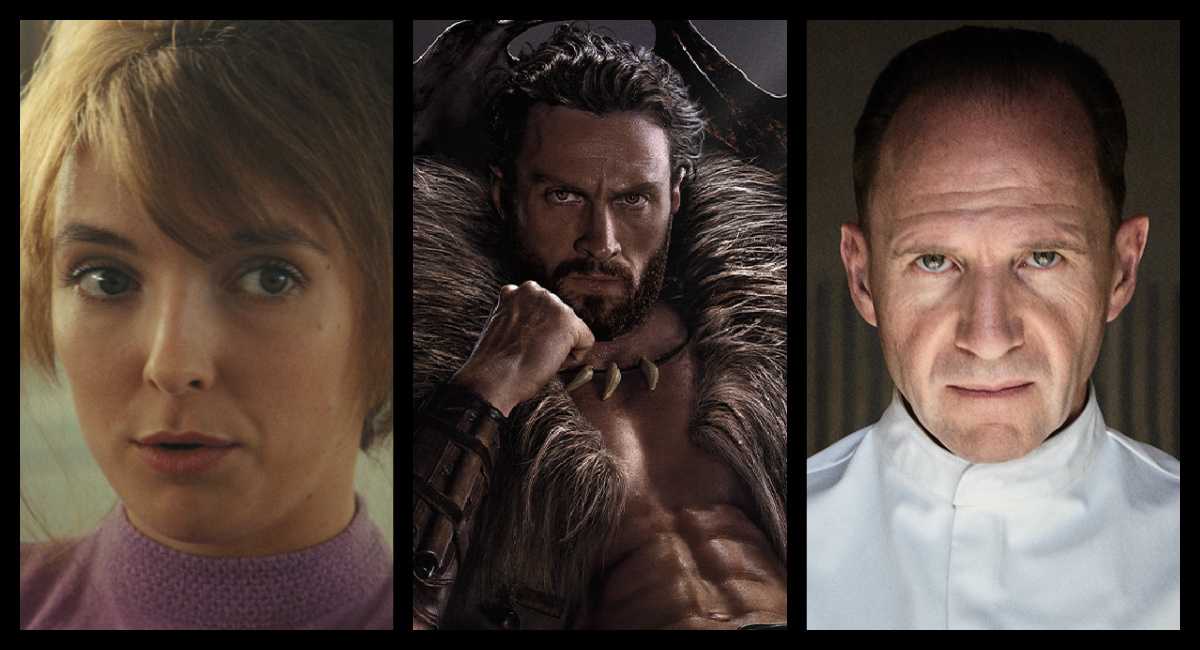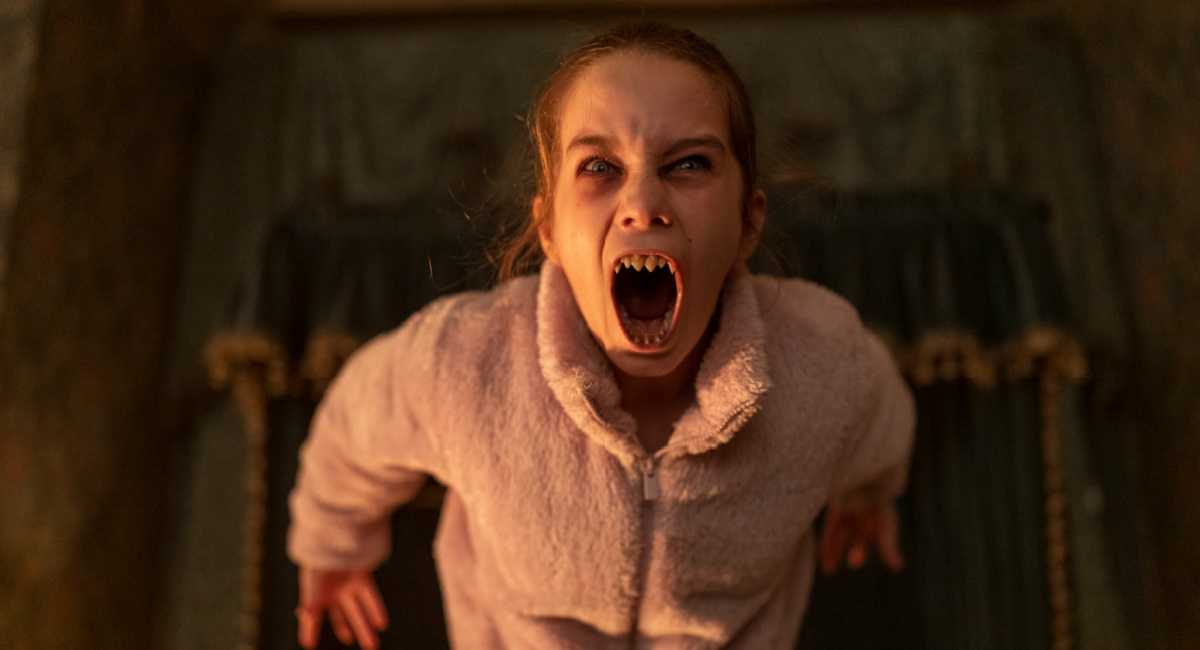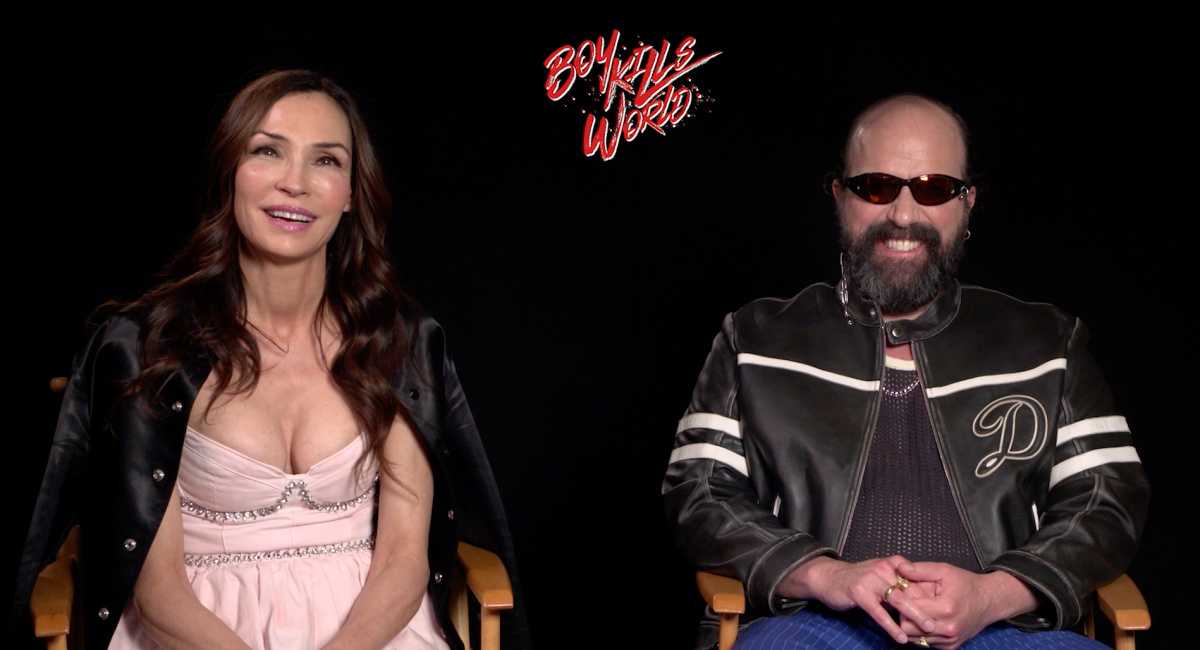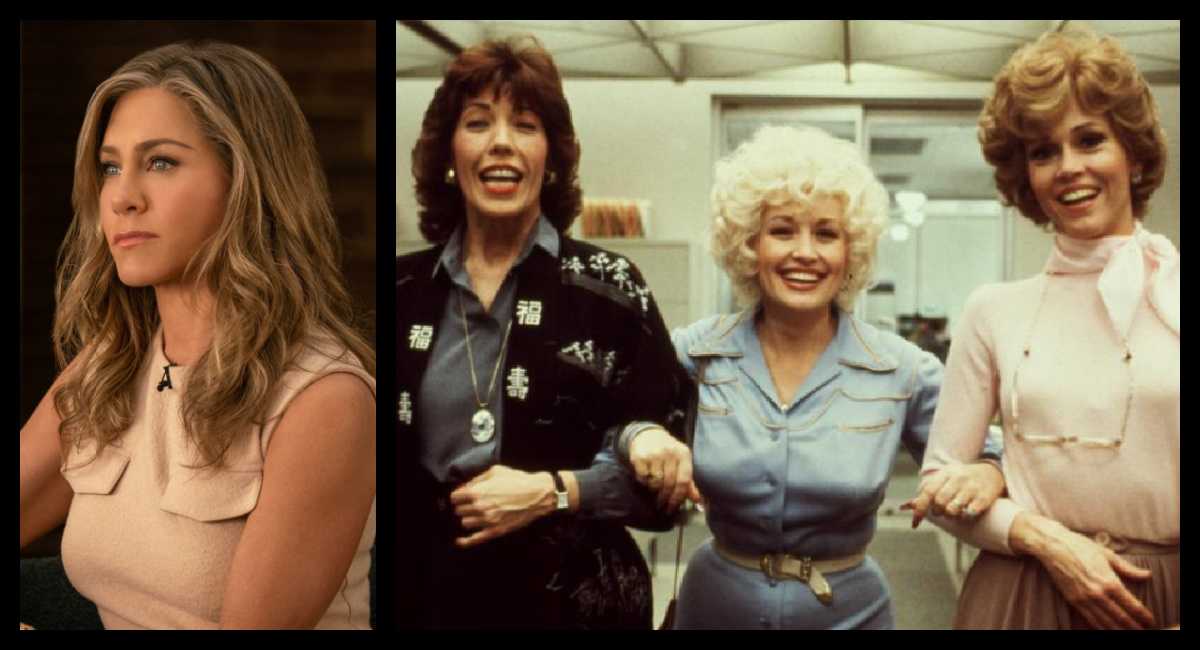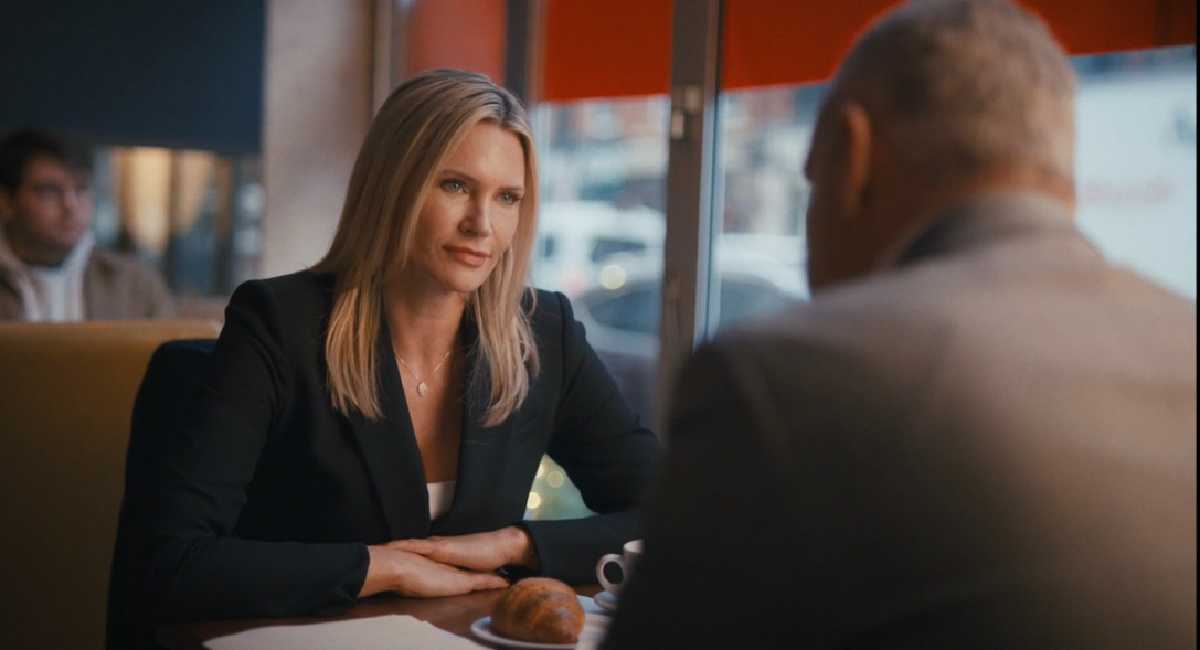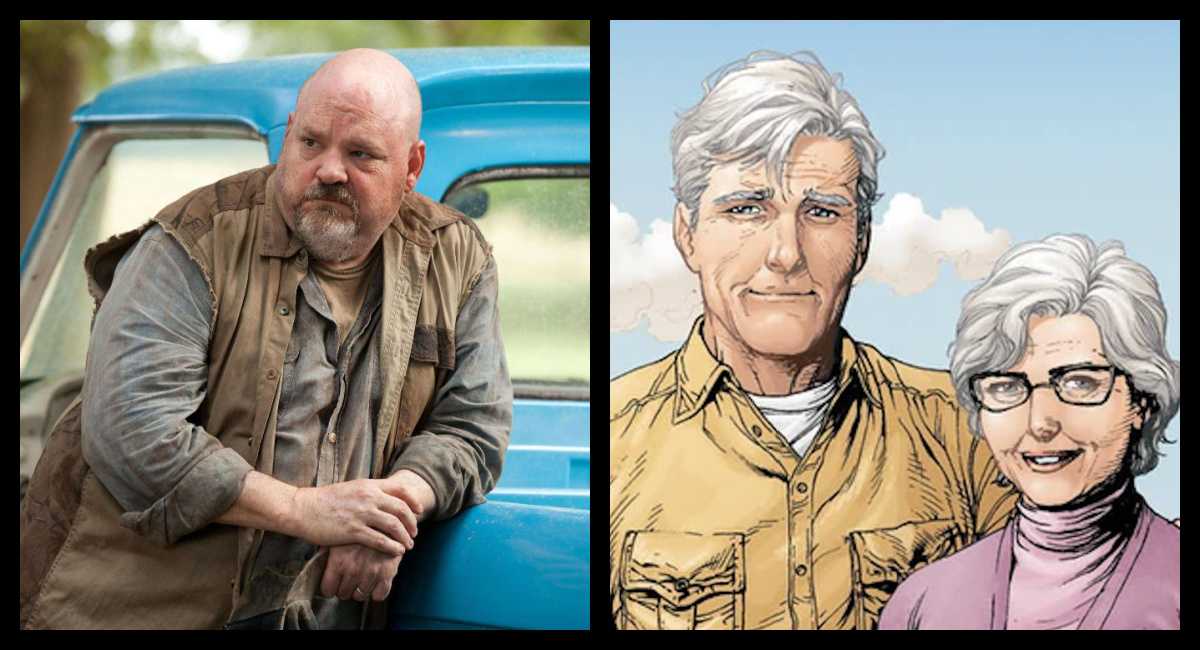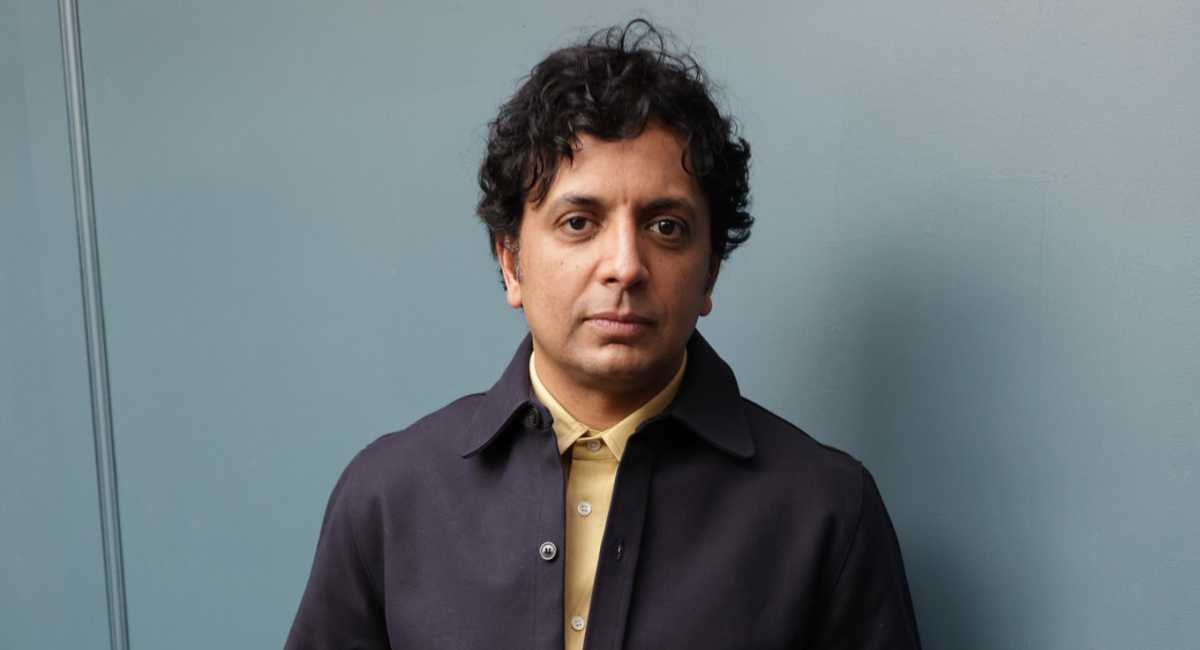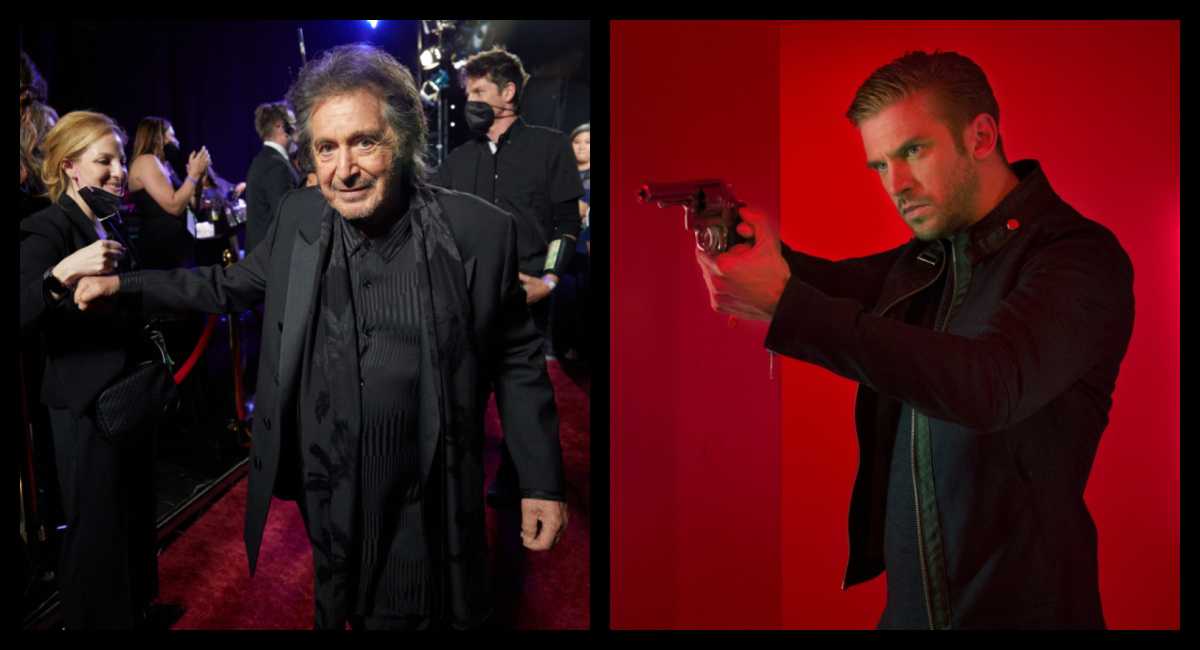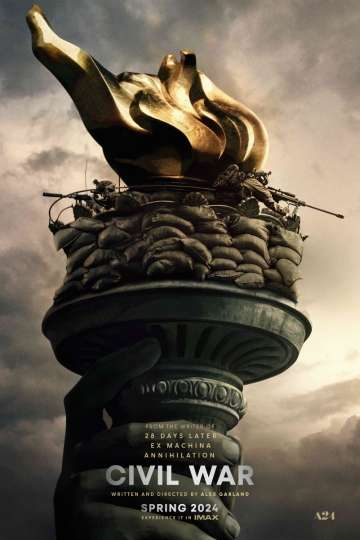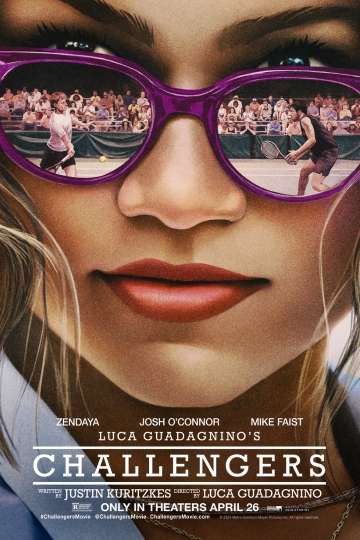After Going 'Rogue,' Donnie Yen Is Ready for His 'Cage' Match
The Force remains with "Rogue One's" Donnie Yen.
Already renowned both in Hong Kong and Hollywood as a mind-boggling martial artist, fight choreographer, and filmmaker, Yen has also recently been snapping audiences' heads back with his increasingly impressive acting chops, first as the immensely charming blind Force adherent Chirrut Imwe in "Rogue One: A Star Wars Story," and now in "xXx: Return of Xander Cage" as the maybe bad / maybe noble Xiang, who finds himself contending with Vin Diesel's swaggering spy in pursuit of a powerful weapon known as Pandora's Box.
Yen joined Moviefone for a fast-paced look at how he adapts his stunt techniques film by film, and how his current star turn is hitting him.
Moviefone: Let's start with the stunts: in a movie like "xXx: Return of Xander Cage" where the action is so up close and the editing is so fast-paced, does that affect how you pull off the stunts or how you stage the stunts?
Donnie Yen: No, because I adapt myself to different directors or how they place the cameras -- because myself, I direct films and I'm an action director, including these kinds of action sequences for many, many, too many of my movies in the last few decades. So for me, I'm very comfortable of a different style of shooting.
Like, I see the camera way over here, my natural instinct will be adapting to that camera angle. For instance, in "xXx" when I walked onto the set, and usually what I'll do is -- in a polite way or in a professional way -- I would ask the director how would you like to, first of all, I study his style before. I watch his films and get a sense. Working with D.J. Caruso, or if I'm fortunate to work with Martin Scorsese, for example, or Steven Spielberg, what I would do is I would have certain images in my head, "OK, this is his style." Usually my guesses are pretty on point.
So, for instance, D.J. likes to shoot it a certain way, and I choreograph my movements, or I collaborate with their choreographer, and then make it, at the end of the day, make it into my own characteristic. What you see is the process of making an adaptation and an adjustment.
Coming in so prepared but also ready to adapt, what was the fun surprise for you in the making of the film?
It's a fun surprise every single scene, every movie, because usually you don't do the same movie all the time. You have different scenarios, you're dealing with different actors, or a different climax, right? It changes the whole flavor, do you know what I'm saying? So for me, every day walking to the set is refreshing.
I like that refreshment because it actually inspires me to deliver beyond being just, "I've done it before." Because, usually, the human body gets lazy. If you've done it so many times you just kind of, uh, you know. You don't have any drive behind it. But with approaching different scenes, it gives you that curiosity and carries that energy.
The adrenaline comes up and it's a good thing, especially for physical performance because you need that high energy. For one, it decreases the chance of getting hurt because your body is a pump. Secondly, again, it inspires you to be creative, and the mind is going 90 miles per hour, and so is the body. Usually good things happen in front of the camera that way.
In addition to your usual exemplary stunt and fight work, you've been getting these great opportunities to act in bigger, more in-depth, more prominent roles -- richer characters that you're being able to create.
Oh, thank God! It's a long time coming. For the longest time. I've done some Hollywood films back in the early '90s, the early 2000s -- more than a decade, though, in "Blade II" and "Shanghai Knights." Unfortunately, I never was given the platform to be a true artist, to be a true actor. We're not going to get into that, right? The world is smaller now and I think I've done enough films to build my credentials where my words mean more, my suggestions mean more, and it's a lot easier today.
As an actor, what was the fun challenge in this character, Xiang? Because you have this cool, shifting dynamic opposite Vin.
I believe I have a lot of -- how would I say it? I have understanding of a different way of acting, at least in action films. Again, unfortunately, what kind of created and built my credentials for the last ten years kind of limited myself from having the producers to let me try something else.
For example, I made "Ip Man," and "Ip Man" was so popular, I made three of them. When you make a character so popular you are typecast -- "Oh, he's the Ip Man," let alone that I'm Chinese. Especially in American movies, when they cast the Chinese person, it's like kung fu master or whatever, right? So I was looking for the vehicle. I was always looking for a vehicle to show the other side of me.
When they came to me with this, I said, "This is the perfect opportunity, and more. I made my suggestion to D.J. and Vin and all the producers. I said, listen, you can have a lot of fun, and you can show that this Chinese actor is very diverse and able to carry this type of personality. So some of the stuff I added, like the little bit of that swagger, that dangerous, you've never seen a Chinese actor play these type of roles. So it's great.
Tell me about the enthusiastic response to your role in "Rogue One." Chirrut Imwe became instantly beloved, instantly quotable, from the moment the fans first met him.
I guess so, but I never thought it would happen! As always, I always try to do my best as an actor in any films, and in "Rogue One" I was just doing my job and trying to do the best I can, and by adjusting this character, changing the character, shaping the character, but never had I expected the response that I'm getting. It's a little bit overwhelming!
"xXx: Return of Xander Cage" is in theaters now.
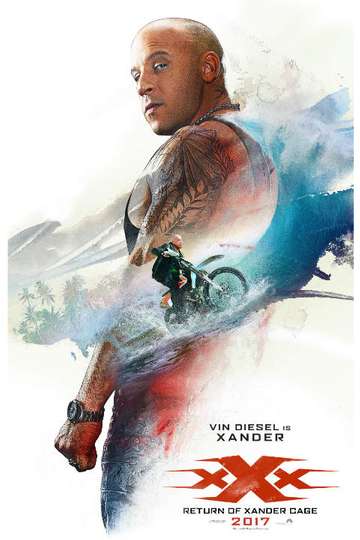
xXx: Return of Xander Cage
Extreme athlete turned government operative Xander Cage comes out of self-imposed exile, thought to be long dead, and is set on a collision course with deadly alpha... Read the Plot
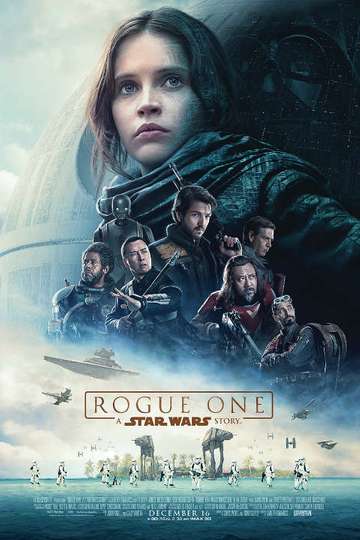
Rogue One: A Star Wars Story
A rogue band of resistance fighters unite for a mission to steal the Death Star plans and bring a new hope to the galaxy. Read the Plot




